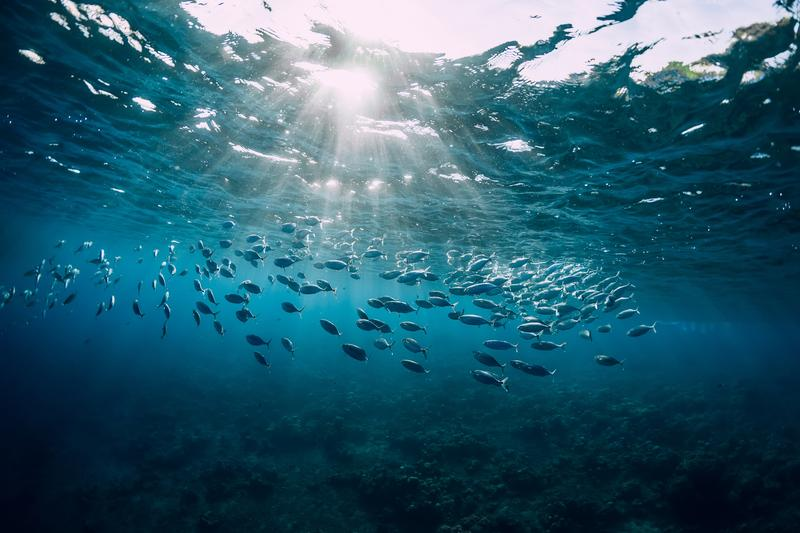Mysterious Squid
Squid are well-deserved good-looking in the ocean. It is a group of mysterious and fascinating creatures in the ocean. They are world-famous for their unique foreign trade, wisdom and living habits, and are an important member of the marine ecosystem.
There are approximately 800 different squid species worldwide, and they inhabit a variety of zoos, including deep sea, coastal and open ocean.
Squids have a unique body structure and usually have a soft, elastic exoskeleton called a fish bone or fish arrow. They have multiple tentacles, a small number of which are called "tails" and are used for catching and stirring food, while the other long tentacles are used for fishing in the environment and movement. Squids have larger eyes and a developed living system that allows them to quickly capture prey in the deep sea.
Squids are highly mobile sea creatures that typically swim and spray their way forward. They can quickly escape from predators underwater by spraying water, and they can also use water spray to drive away potential threats. The squid's impressive speed and maneuverability make it one of the ocean's top drip feeders.
These creatures are carnivorous and feed on fish, crustaceans, shellfish and small marine life. They capture prey usually using their powerful tentacles and beaks, which are black holes like the other beaks of birds, to snap off the predator. Cod are known for their highly developed intelligence and complex nervous systems, which allow them to develop unique hunting strategies and social behaviors.

As predators, squid control the populations of certain fish and non-cohort populations, helping to maintain ecological balance. In addition, the squid's death and excrement provide important nutrients to other marine life.
Squid are also very habitable creatures, able to adapt to a wide range of water and environmental conditions. This gives them the opportunity to exist in different marine ecosystems, from the deep sea to coastal areas, and from polar to tropical areas.
